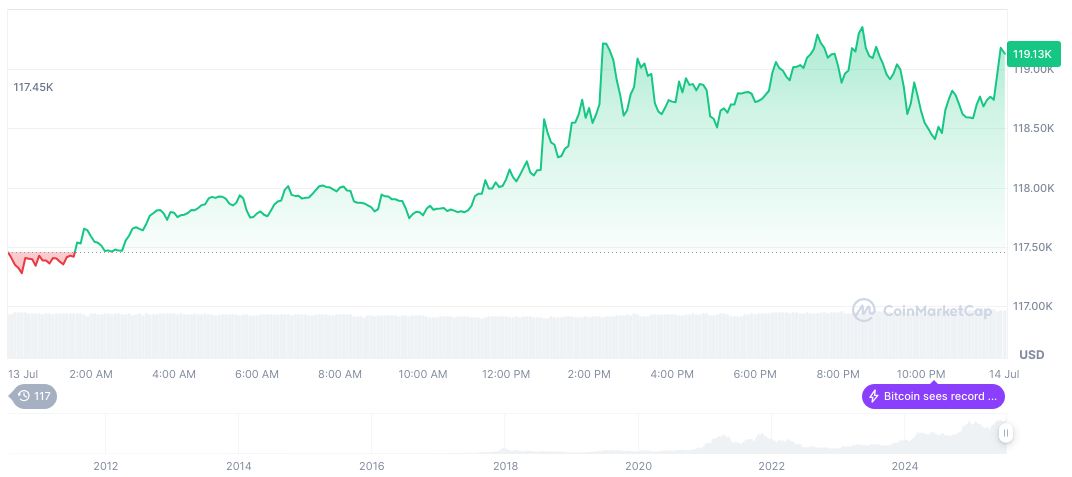- Hungary’s stringent crypto regulations lead to fintech service suspensions.
- Cryptocurrency services suspended in Hungary affect 2 million Revolut users.
- New laws criminalize unauthorized crypto trading activities.
London, July 14, 2025—Hungary has implemented strict cryptocurrency regulations starting July 1, affecting fintech companies like Revolut, which suspended services due to new legal constraints.
The regulations add uncertainty to Hungary’s fintech sector, potentially criminalizing numerous crypto trading activities and impacting thousands of users.
Hungary’s Licensing Demands Tackle Unauthorized Crypto Trade
Hungary’s regulation, starting July 1, has led to widespread suspension of crypto services, impacting companies like Revolut. This affects new purchases, staking activities, and top-ups, though users can still sell holdings and transfer certain tokens externally. The Hungarian National Bank now requires all crypto-asset service providers to obtain a license, with violations carrying up to five years of imprisonment based on transaction size. Revolut has stated service restoration efforts without providing a specific timeline. Market watchers note the immediate service freeze reflects stringent government actions. User communities and fintech observers express uncertainty due to unclear licensing procedures.
Bitcoin’s current price stands at $119,977.42 with a market cap of 2.39 trillion USD, as per CoinMarketCap. The 24-hour trading volume saw a 279.93% increase, with recent price changes showing a 0.97% uptick over 24 hours and a 42.55% rise over 90 days.
“The new rules… require all crypto-asset service providers operating in Hungary to obtain a license from the central bank to continue operations legally.” — Hungarian National Bank, Official Regulatory Statement.
Analysis: Crypto Market Adapts Amidst Regulatory Crackdown
Did you know? Hungary’s new legislation enforces criminal penalties for individuals, unlike previous crypto restrictions in regions like China and India, causing significant market unease.
Coincu analysts suggest Hungary’s regulations might lead to a notable increase in decentralized exchanges and peer-to-peer trading activities, though the lack of licensed operations poses financial and regulatory challenges for users.
Additionally, the regulatory environment may push users towards alternative trading methods, prompting a shift in the market dynamics.
| DISCLAIMER: The information on this website is provided as general market commentary and does not constitute investment advice. We encourage you to do your own research before investing. |
Source: https://coincu.com/348677-hungary-strict-crypto-regulations-impact/
